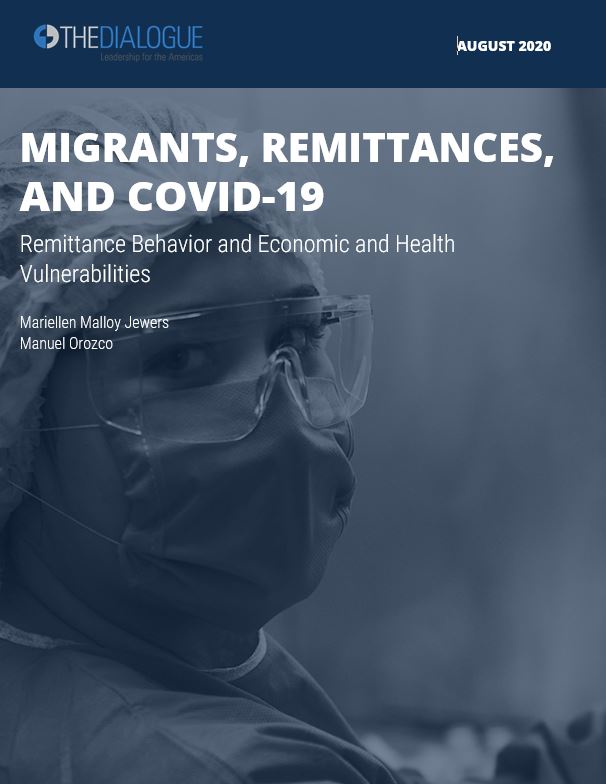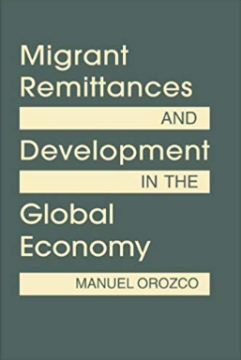The Earthquake’s Impact on Remittances
The earthquake in Haiti has exacerbated an existing distress during the international recession and increased uncertainty of what to do and how to help.
This report by the Migration, Remittances and Development program discusses the impact that Covid-19 has had on migrants from Latin America and the Caribbean. The consequences of Covid-19 are emphasized when considering the impact of migrant job-loss and its effect on remittances sent to their native countries. As of May 15, 2020, there were 36 countries in the world that experienced 94 percent of all Covid-19 cases. Migrants in these 36 countries represent 90 percent of all remittances to Latin America and the Caribbean.
The first section of this report provides an overview of how shelter-in-place mandates due to Covid-19 led to major job-loss among migrants worldwide. This section also discusses migrant health vulnerabilities due to their likelihood of working in high-risk jobs and of having undiagnosed chronic diseases.
The second section examines the impact of Covid-19 on Latin American and Caribbean migrants in the United States.
The third section discusses Latin American and Caribbean migrants globally but with a specific focus on those living and working in Canada, Italy, and Spain.
The conclusion offers necessary public policy recommendations to prevent devastating consequences for migrants affected and for those in the remittance receiving countries.
Migrants are concentrated in occupations that are either suffering massive job-loss due to shelter in place mandates or experiencing high exposure to Covid-19.
The earthquake in Haiti has exacerbated an existing distress during the international recession and increased uncertainty of what to do and how to help.
How do patterns of migration and remittances differ across regions? What kinds of frameworks support the contributions of remittances to local development?
Despite the economic importance of migration, Central American governments have lacked integral policies to leverage migration for development.


